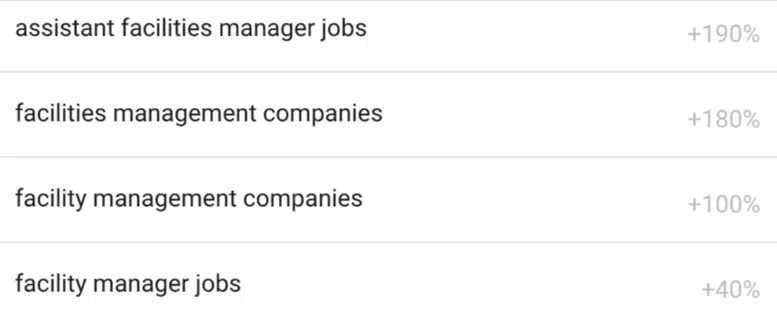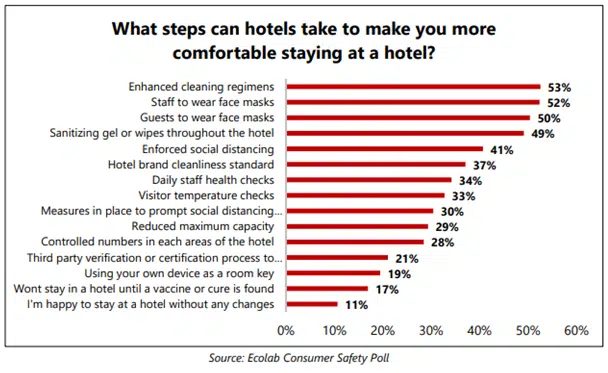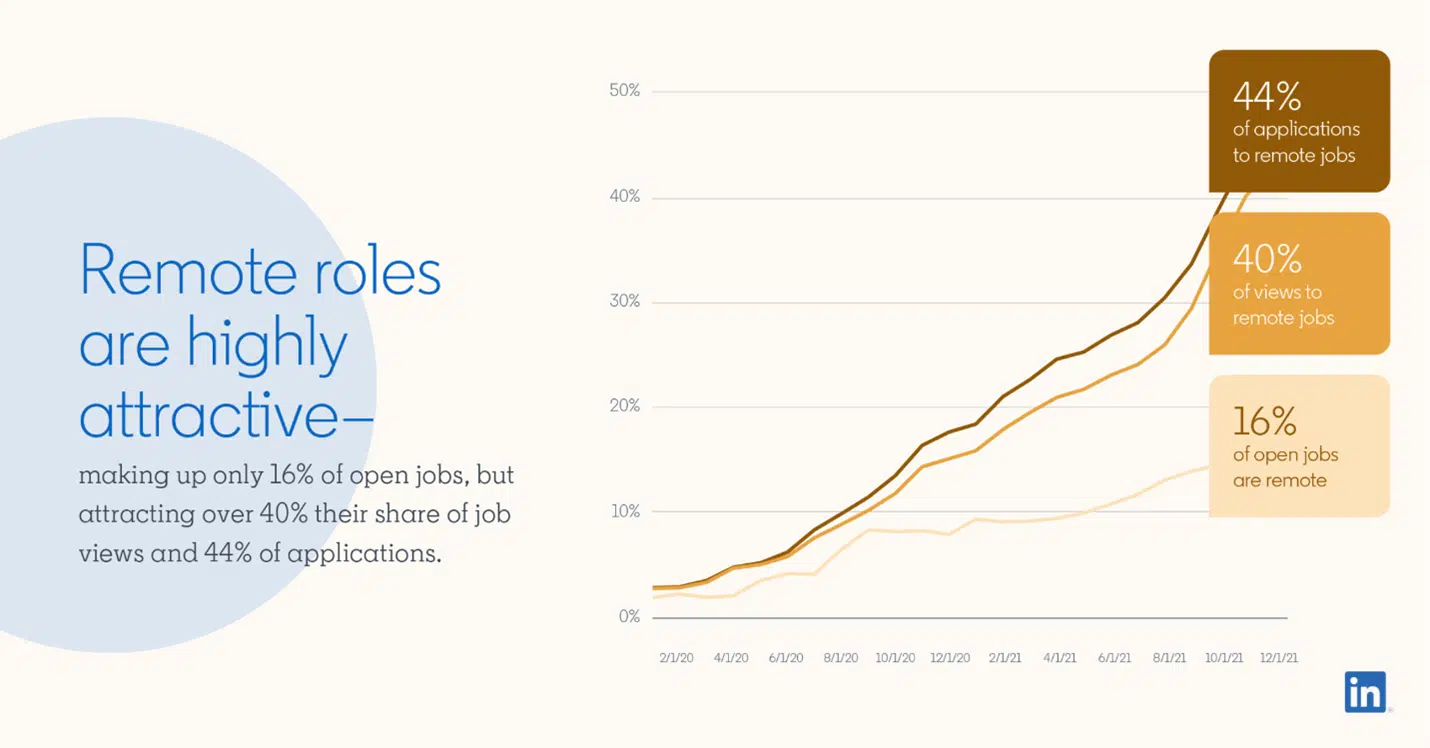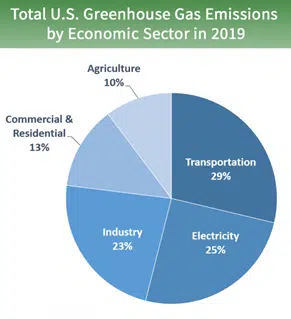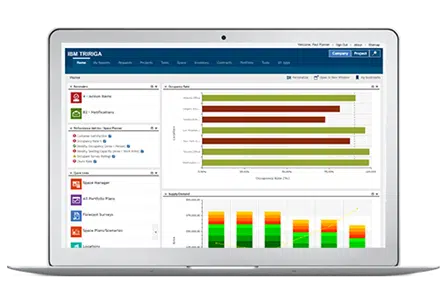As facilities continue reopening to pre-covid traffic levels, trends are emerging to help improve efficiency and operations—while also mitigating a national worker shortage and rising energy costs. These shifts in the economy continue to change the approach for facilities managers who oversee large facilities. They have also created a higher demand for technology and resources to meet greater energy and carbon footprint-reduction objectives. For more insight into these factors and potential solutions, continue reading our top five trends in facilities management.
Trend 1: Smart Building Technology
Internet of Things (IOT), sensors, and smart-connected devices have provided an enormous amount of data that machine learning has transformed into proactive, automated facilities-efficiencies—in terms of energy usage and carbon footprint. IDC predicts that there will be over 41.6 billion connected devices by 2025, telling employees what parking spaces are available, guiding occupants to socially distanced desks, and even helping managers forecast future space needs to either scale up or down as conditions change.
Trend 2: Increased Safety and Efficiency
- Dynamic signage to communicate safety issues in real-time.
- Real-time, automated maintenance tickets.
- Optimized employee/customer comfort levels for temperature, sunlight, and environment.
Trend 3: Labor Outsourcing
Outsourcing has now surpassed 50 percent of the total facilities management market in several regions, including Europe, the Middle East, and North America. The lack of workers across the facilities management and custodial maintenance space has made outsourcing (in terms of automation and remote maintenance) an even larger competitor in the labor market. As more facilities turn to smart building tech, automation and remote maintenance providers will fill the worker gaps.
Trend 4: Flexible Office Spaces
In January, a PwC survey found 31 percent of business leaders said they anticipate reducing their office space, while 56 percent plan to increase. The reduced number of employees working from the office could be made up (in terms of unused square feet) by accounting for social distancing in terms of workstations and office space design and layouts.
Trend 5: Office Hoteling
You will see an increase in office hoteling. With 82 percent of companies planning to offer hybrid work, people who will be in the office part-time won’t have permanent desk space. With a dedicated workstation costing about $8,000 per year, companies will not save those empty spaces two-to-three days per week. Office hoteling will rise, and employees will book their desks on-demand.
